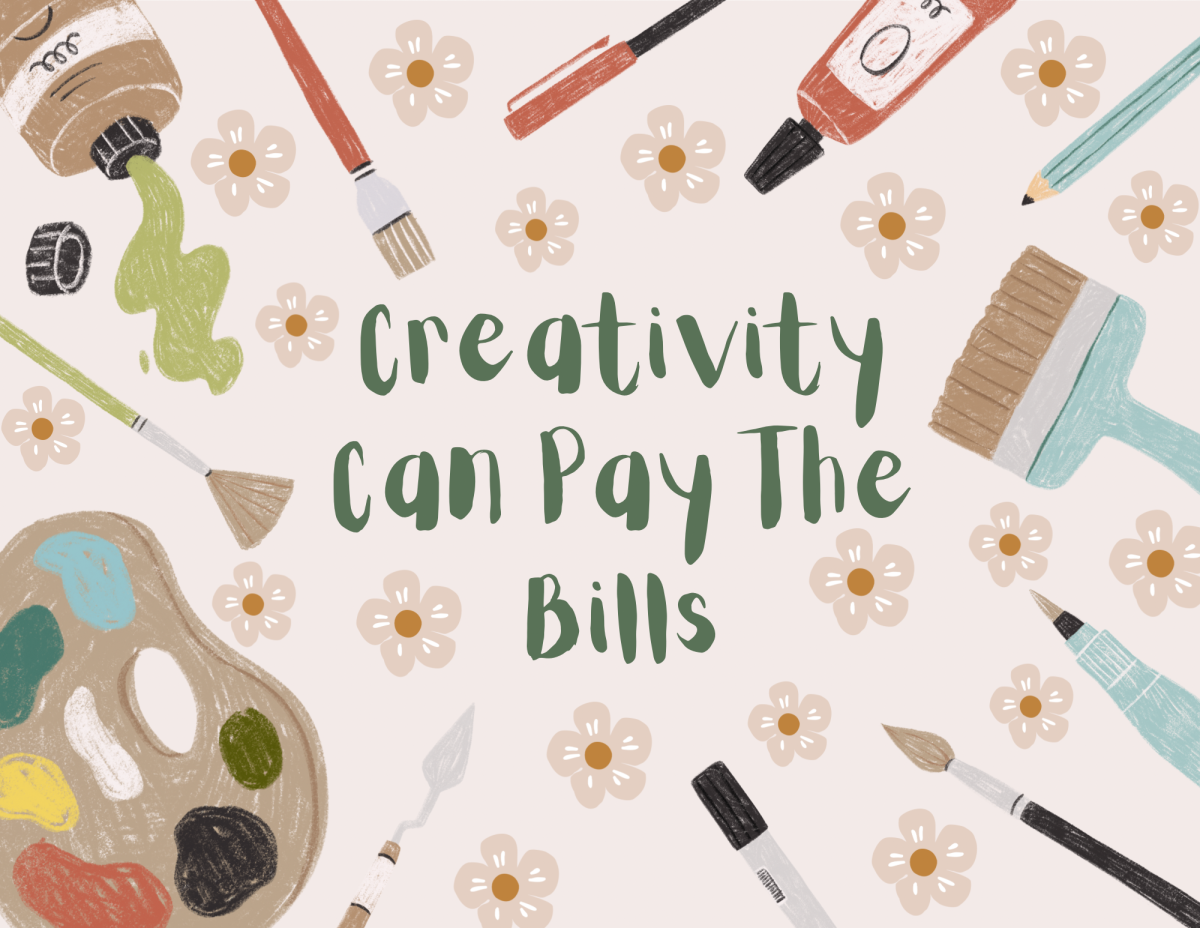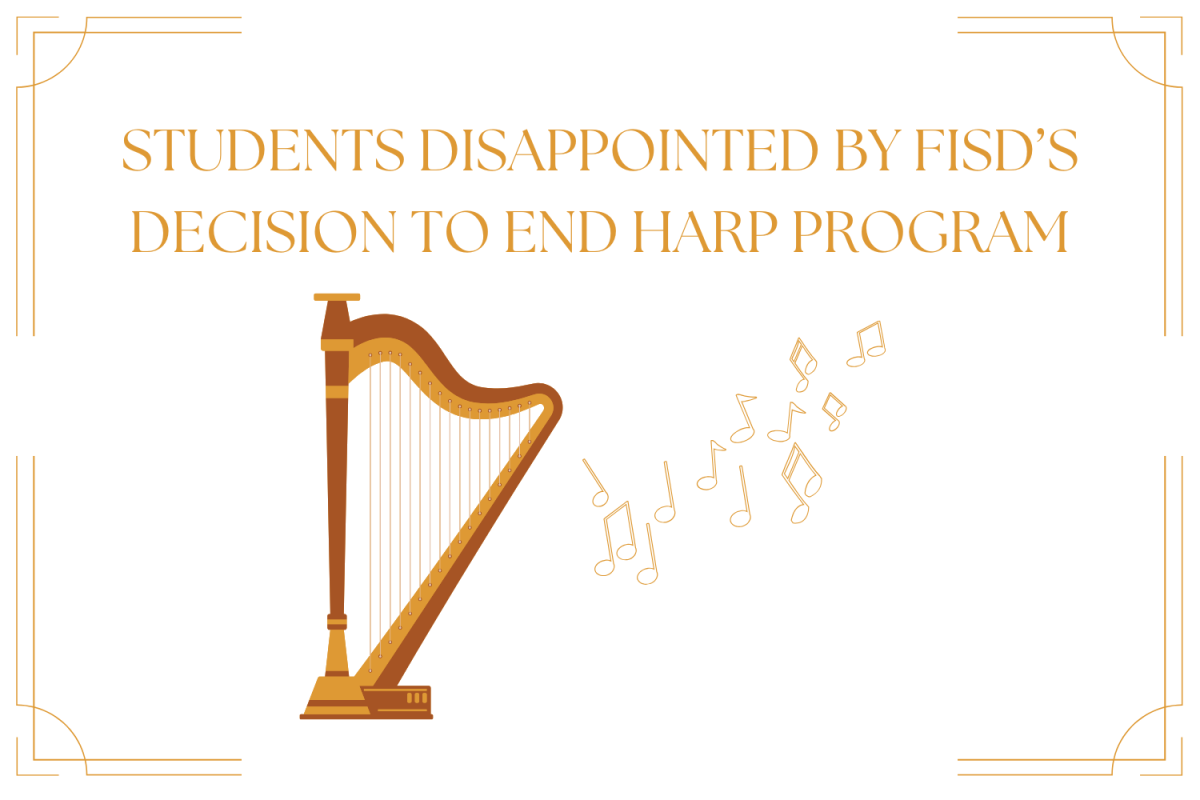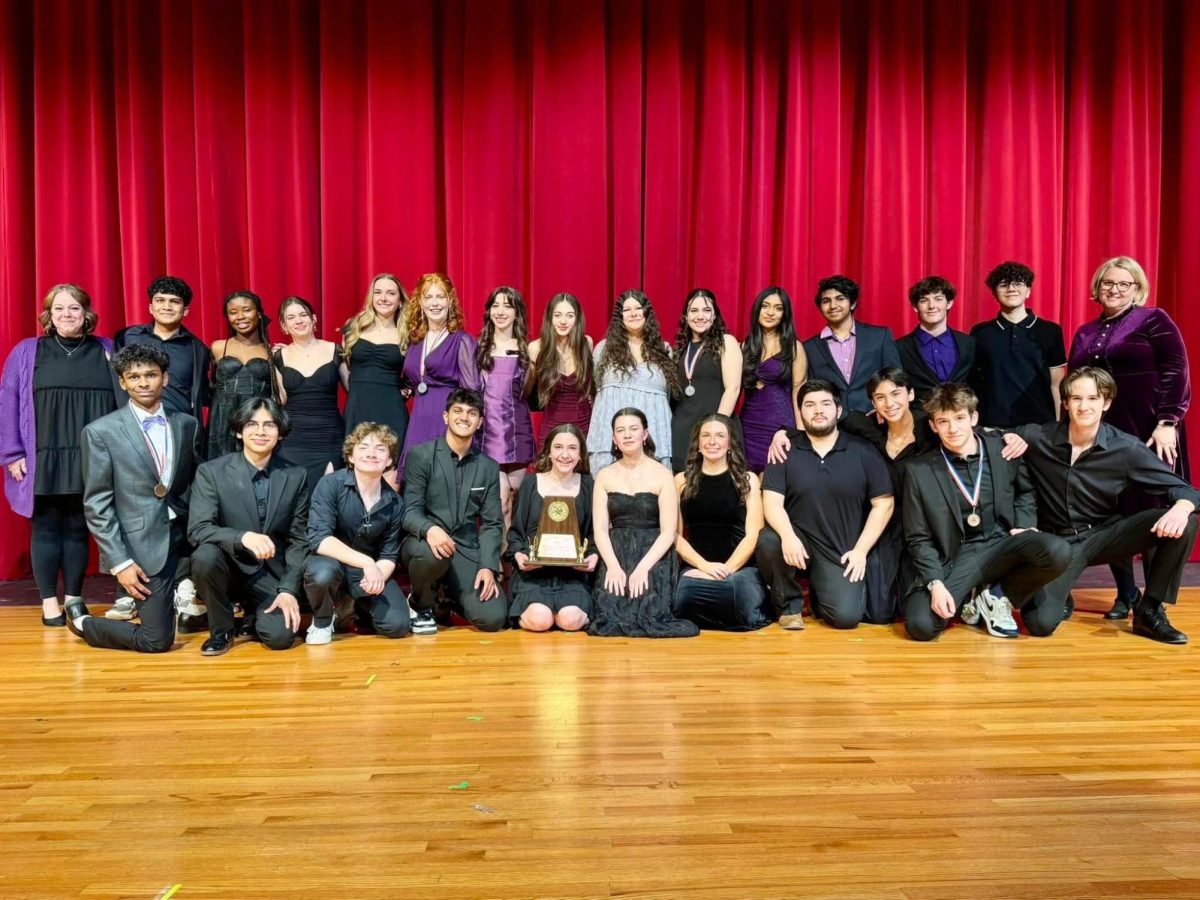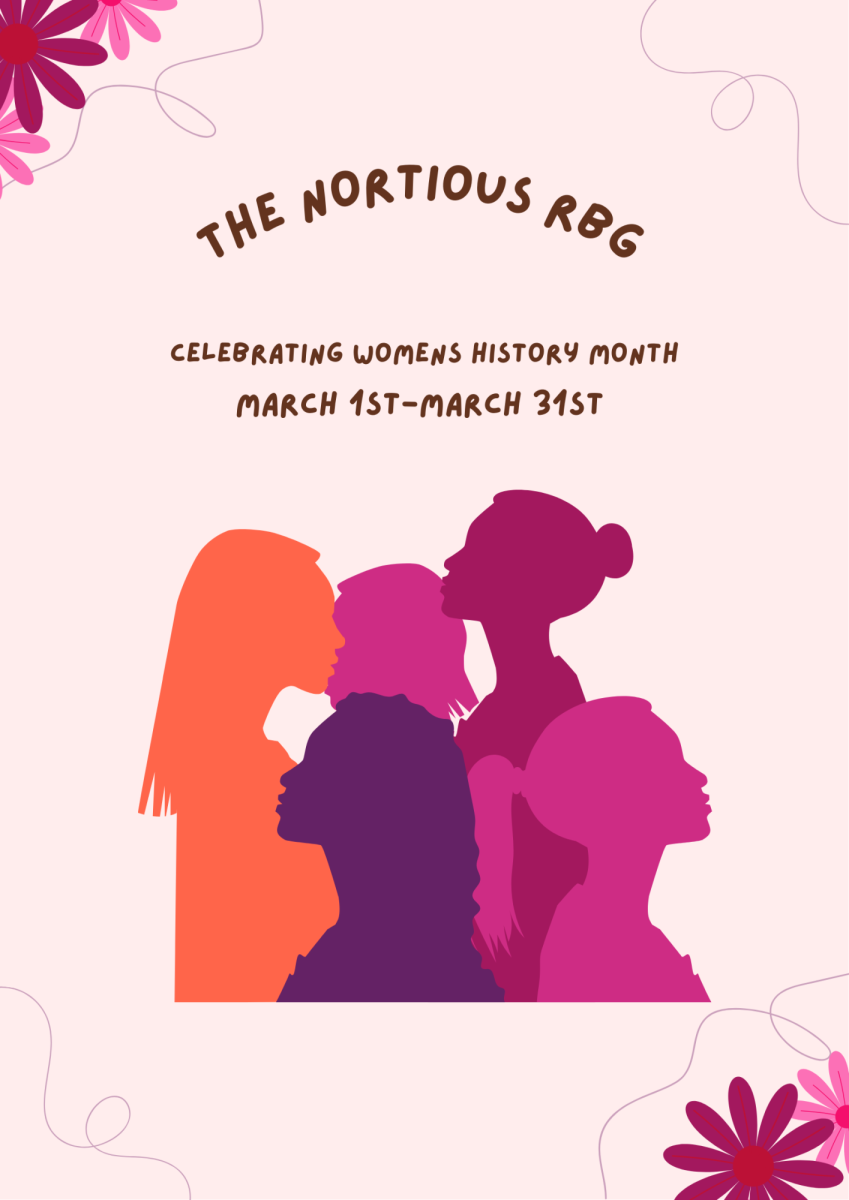For creative people, going to school to learn more about something that truly interests them sounds ideal. That is, until they’re met with the pressing question of “how will you make money?” along with the dreaded phrase, “you’ll never make it in the real world.” The truth, however, is that degrees stemming from creative passions can teach a person countless valuable skills and lead to a wide variety of successful careers.
While it might seem as though career options for creative majors are narrow, there are actually hundreds of jobs out there for those with creative interests, and they’re easier to find than people might think.
“I chose to go into publishing because one day someone asked me ‘if you could do anything, what would you do?’ And my answer was simply ‘to read,’” said Ali St. Germaine, a student pursuing a Master of Arts and Publishing at Stephen F. Austin University. “I realized I loved not only the aspect of reading but editing and helping authors get to their perfect piece.”
Publishing is one of many fields fit for those who love reading and writing. Another option for readers and writers is working as a freelancer. Freelance jobs allow for people to be self-employed and earn wages on a project-to-project basis. Writers, editors, photographers, actors, musicians and visual artists, among various others, can all have successful freelance careers.
However, freelance style careers are not for everyone. For those who prefer more structure, there are opportunities for creative people to put their skills to use in the business world. An artist, for example, can find work designing graphics for a major company.
“I chose graphic design mainly because I’ve loved creating digital art since COVID-19,” said Aniah Vincent, a student pursuing a double major in Graphic Design and Communications at Ouachita Baptist University. “I really enjoyed the marketing side of things on top of making graphics and decided to add a communications major on top of my original because I would get to explore more of that side as well and get to work with people.”
Creativity is flexible, and it’s important to understand that a degree does not define a person. That is, a person can use the skills built with a creative degree to succeed in other fields. In fact, 29 out of the 250 top entrepreneurs in the United States have degrees in Liberal Arts including Dave Barnett, the CEO and founder of PopSockets.
Additionally, many people who pursue creative passions work a day job to support themselves financially while spending their free time doing the things they love. An author might work at a bookstore to earn wages, but work on writing a novel after their shift. A singer might make money working as a waiter but record music in their home. For many, the hope in this is that someday they’ll be able to turn their passions into a full-time career, though it might take time.
Doubt is a valid emotion to feel as a creative, as chasing a dream is always going to require taking risks.
“I had family members who questioned my intended career path,” St. Germaine said. “They worry that I won’t be able to financially support myself or be successful. It’s a difficult feeling, but I know it comes from a good place and I feel like it helps me think of ways to make myself successful.”
St. Germaine turned her doubts into motivation, picking up a minor in general business to diversify her skillset on top of continuing to pursue the creative career she loves. If you find joy in something, it will always be worth putting effort into.
“It is not money or fame that fulfills you,” Vincent said. Her firm belief in that statement has kept her going in the midst of doubt.
Creative degrees are far from pointless and with hard work, determination, and passion, creativity can pay the bills.




![Audra Shioya '25 receives a big check as a scholarship recipient. [PC: Audra Shioya]](https://raccoonrambler.com/wp-content/uploads/2025/05/IMG_4100-900x1200.jpeg)







Sydney LaCour
Oct 8, 2024 at 12:21 pm
Very insightful!